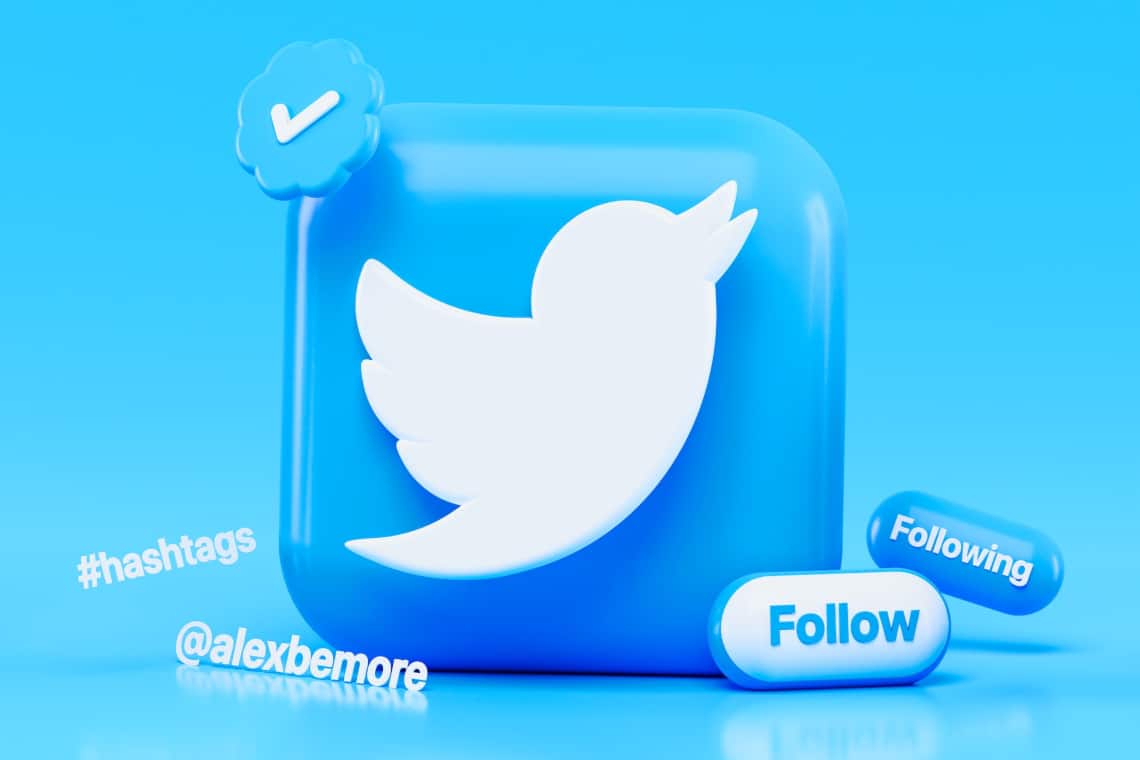Elon Musk’s plans for Twitter are very ambitious: the social media could even become like PayPal. But let’s proceed in order.
Summary
Elon Musk’s aspirations for Twitter
Elon Musk recently shared more details about his long-term aspirations for the social network, rekindling his hopes for a so-called superapp inspired by Chinese tech giant Tencent.
Indeed, Twitter is expected to become cash flow positive during the second quarter. Musk said this in an hour-long live-streamed interview with Morgan Stanley CEO Michael Grimes.
This would be a real turnaround for Twitter, which lost $270 million in the second quarter of 2022, the last that the company had to publicly declare before Musk took the company private.
While Musk spent much of the discussion touting the merits of Twitter advertising, he did not provide any details about revenues from the company’s core business.
Which, we recall, took a hit in recent months when numerous advertisers reevaluated their relationship with Twitter after Musk cut the content moderation unit and implemented a number of controversial policies.
One factor Musk shared was his ultimate dream for Twitter: to turn it into an app for everything, a prospect he repeatedly touted late last year.
A choice inspired by Tencent’s popular WeChat, which allows users in China to hail a cab, buy groceries and schedule appointments. Musk said he believes it is possible for X/Twitter to become the world’s largest financial institution where app users can transfer money to each other “effortlessly with one click” and earn interest.
Elon Musk’s Twitter like PayPal?
PayPal, the world’s largest online payments company, handled $1.4 trillion in transactions last year. Twitter’s revenue, on the other hand, fell 40% in December, the Wall Street Journal reported last week.
The first look at the company’s financials stems from the completion of Musk’s $44 billion acquisition of the company in October. Musk has since ruthlessly cut costs as CEO of Twitter, cutting about 75% of the company’s workforce and even auctioning off office supplies deemed unnecessary.
Musk claims his efforts saved Twitter from bankruptcy. An important point is that Morgan Stanley is one of seven banks that provided Musk with $12.5 billion in debt financing for his purchase of Twitter.
However, Twitter’s loan repayments did not come up in the interview. In any case, it appears that Musk is about to take a step that will take the company’s services far beyond those offered by a simple social network.
According to reports in the Financial Times, he is interested in turning Twitter into a payment platform that can compete with established entities such as Apple Pay and PayPal.
In fact, back in November last year, Musk partially detailed his plans to enter the payments market during a meeting with advertisers, anticipating plans to allow Twitter accounts to transfer money to others within the social network.
After that anticipation there had been no further word, but the latest rumors suggest that the project has evolved and Twitter is now applying for the necessary licenses to become a payment platform in the United States.
In the meantime, work is also being done on the infrastructure of the new service, and it looks very much like Elon Musk wants to go a step further, turning Twitter into an all-in-one platform, meaning, as we will see shortly, that it can offer many more services than it does today.
The details of Elon Musk’s plan for a Twitter more akin to PayPal
Musk also reportedly went into detail about the project while talking to his shareholders. Specifically, he would mention services such as peer-to-peer transactions, savings accounts, and debit cards as part of a comprehensive plan to launch a new app that can incorporate messaging, payments, and commerce.
The platform will initially work with standard currencies and payment methods, but there are rumors of plans to introduce support for cryptocurrencies as a second step.
The platform could become a direct competitor to PayPal and Apple Pay, as in addition to allowing online and in-store payments, it will also propose to offer money transfer services between users, and this will pave the way for other applications that we can only imagine for now.
Yet Musk is by no means new to such initiatives, and perhaps not everyone will remember that it was he who in 1999 founded X.com, one of the first online banks that later became part of the payments giant PayPal.
Will Twitter be able to compete with realities that have been in this market for much longer?




